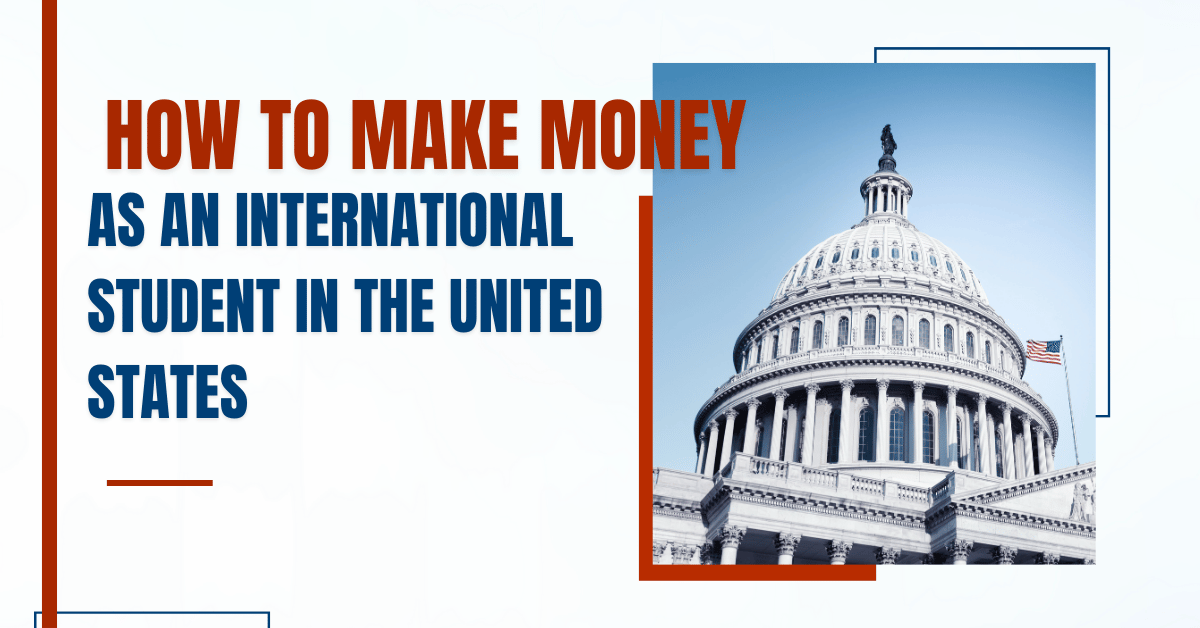Car insurance is an essential component of responsible vehicle ownership, providing financial protection against accidents, theft, and other unexpected events. However, with numerous types of car insurance policies available, understanding which one is right for you can be challenging. This article will delve into the various types of car insurance policies, explaining their coverage, benefits, and when they might be necessary.
1. Liability Insurance
Liability insurance is the most basic and mandatory type of car insurance in most jurisdictions. It covers the cost of damages and injuries you cause to others in an accident where you are at fault.
Coverage Includes:
- Bodily Injury Liability: Covers medical expenses, lost wages, and legal fees for injuries you cause to others.
- Property Damage Liability: Covers the cost of repairing or replacing the property of others that you damage in an accident.
When to Consider: This insurance is essential for all drivers, as it is often required by law and provides crucial financial protection.
2. Collision Insurance
Collision insurance covers the cost of repairing or replacing your vehicle if it is damaged in an accident, regardless of who is at fault.
Coverage Includes:
- Repair costs for your vehicle
- Replacement cost if your vehicle is totaled
When to Consider: Collision insurance is particularly beneficial for those with newer or more expensive vehicles, as it helps cover significant repair costs.
3. Comprehensive Insurance
Comprehensive insurance provides coverage for non-collision-related damages to your vehicle, such as theft, vandalism, natural disasters, and animal collisions.
Coverage Includes:
- Theft and vandalism
- Natural disasters (e.g., floods, hurricanes)
- Fire damage
- Damage from falling objects
- Animal collisions
When to Consider: This insurance is ideal for those who want broad protection against various risks, especially if they live in areas prone to natural disasters or high crime rates.
4. Personal Injury Protection (PIP)
Personal Injury Protection, also known as “no-fault insurance,” covers medical expenses for you and your passengers, regardless of who is at fault in an accident.
Coverage Includes:
- Medical expenses
- Lost wages
- Funeral expenses
- Rehabilitation costs
When to Consider: PIP is required in some states and is beneficial for those who want to ensure coverage for medical expenses without the need to determine fault.
5. Uninsured/Underinsured Motorist Coverage
This type of insurance protects you if you are involved in an accident with a driver who has no insurance or insufficient insurance to cover the damages.
Coverage Includes:
- Medical expenses
- Lost wages
- Pain and suffering
- Vehicle repair costs
When to Consider: This insurance is crucial in areas with high rates of uninsured or underinsured drivers and provides an extra layer of protection.
6. Medical Payments Coverage (MedPay)
MedPay covers medical expenses for you and your passengers after an accident, regardless of who is at fault.
Coverage Includes:
- Doctor visits
- Hospital stays
- Surgery
- Ambulance fees
- Funeral costs
When to Consider: MedPay is beneficial for those who want additional medical expense coverage beyond what their health insurance provides.
7. Gap Insurance
Gap insurance covers the difference between what you owe on your car loan or lease and the car’s actual cash value if it is totaled or stolen.
Coverage Includes:
- The gap between your loan/lease balance and the car’s depreciated value
When to Consider: This insurance is essential for those who finance or lease their vehicle, particularly when the loan amount is higher than the car’s current value.
8. Towing and Labor Coverage
Also known as roadside assistance, this coverage helps with the cost of towing and labor if your car breaks down or needs assistance.
Coverage Includes:
- Towing to a repair shop
- Battery jump-start
- Flat tire change
- Lockout service
- Fuel delivery
When to Consider: This coverage is beneficial for all drivers, particularly those who travel frequently or have older vehicles prone to breakdowns.
9. Rental Reimbursement Coverage
Rental reimbursement coverage pays for the cost of renting a car while your vehicle is being repaired after a covered accident.
Coverage Includes:
- Daily rental car costs up to a specified limit
When to Consider: This insurance is useful for those who rely on their vehicle for daily transportation and cannot afford to be without a car during repairs.
10. Custom Parts and Equipment Coverage
This insurance covers the cost of repairing or replacing custom parts and equipment added to your vehicle, such as aftermarket stereo systems, custom wheels, or performance enhancements.
Coverage Includes:
- Custom audio and visual equipment
- Custom paint jobs
- Modified engine parts
- Custom wheels and rims
When to Consider: This coverage is ideal for car enthusiasts who have invested in personalizing their vehicle with custom modifications.
Choosing the Right Car Insurance Policy
Selecting the appropriate car insurance policy depends on several factors, including your budget, the value of your vehicle, your driving habits, and the level of risk you are willing to assume. Here are some steps to help you choose the right coverage:
- Assess Your Needs: Consider your financial situation, the value of your vehicle, and your risk tolerance. Determine which types of coverage are essential for your peace of mind.
- Understand State Requirements: Know the minimum insurance requirements in your state. Ensure that you meet or exceed these requirements to avoid legal issues.
- Compare Policies: Shop around and compare policies from different insurers. Look at coverage options, limits, deductibles, and premiums to find the best fit for your needs.
- Consider Bundling: Many insurance companies offer discounts if you bundle your car insurance with other policies, such as home or renters insurance.
- Review and Adjust Annually: Your insurance needs may change over time. Review your policy annually and make adjustments as necessary to ensure you have adequate coverage.
Conclusion
Understanding the different types of car insurance policies is crucial for making informed decisions about your coverage. Each type of insurance offers specific benefits and protections, tailored to various risks and needs. By thoroughly assessing your situation and understanding your options, you can choose the right car insurance policy to protect yourself, your passengers, and your vehicle effectively.










